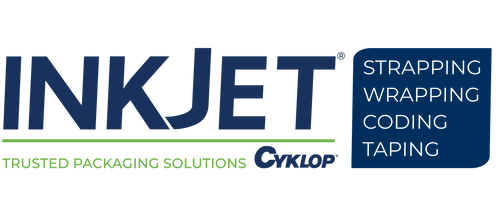Traceability in Manufacturing: Why and How to Implement | InkJet, Inc.
Tracking and tracing a product or component throughout its lifecycle is called traceability in manufacturing, which involves capturing and storing information about the product's origin, production processes, quality control, and distribution.
There are several reasons why traceability is important in manufacturing. In the first place, it ensures product quality and safety. Manufacturers can find and fix issues that might arise during production by tracking the process from raw materials to finished goods. Traceability lets manufacturers recall products quickly and safely if there are defects or contamination. Not only does this protect end users, but it also keeps the manufacturer's reputation intact and reduces the risk of expensive litigation.
Traceability also supports regulatory compliance and accountability. Many industries have strict regulations and standards, like food, pharmaceuticals, and aerospace. Traceability provides a complete record of every component and step in the production process, making it easier for manufacturers to prove compliance. Transparency also fosters accountability within the company, which can improve quality control and efficiency. A culture of accountability is essential to modern manufacturing, ensuring product quality, safety, and regulatory compliance.
Analyzing data on the production process can help manufacturers identify bottlenecks, inefficiencies, and areas for improvement. Data-driven approaches can save them money and increase efficiency.
Printing Technology and Traceability in Manufacturing
Printing technology enables traceability in manufacturing by allowing manufacturers to label and mark products, components, and packaging with unique identifiers and data that can be tracked throughout the entire product lifecycle. Here are 10 reasons why printing technology is crucial for traceability in manufacturing:
Printing technology is an essential tool for traceability in manufacturing, as it enables the identification, data encoding, and tracking of products and components, ensuring quality control, regulatory compliance, and supply chain transparency. It not only enhances operational efficiency but also fosters consumer trust and safety in the products being manufactured.
InkJet Can Help You Choose the Right Printer
Printing technologies from InkJet, Inc. are designed for all kinds of products, industries, and materials. For more than 30 years, we've been developing and distributing printing solutions for manufacturing. We also make a range of ink formulas, including aftermarket alternatives and specialty formulas for unique jobs.
Our printers are perfect for putting legible data on your products. Choosing the right machine depends on the materials you're coding, and the unique qualities of your business. You need a printer that can handle your products' surface quality and fit into your production line. Let InkJet, Inc.'s experts help you figure out which printer is right for you.
To learn more about the different types of industrial printing and which printers will most benefit your operation, contact InkJet, Inc. today by dialing (800) 280-3245.



